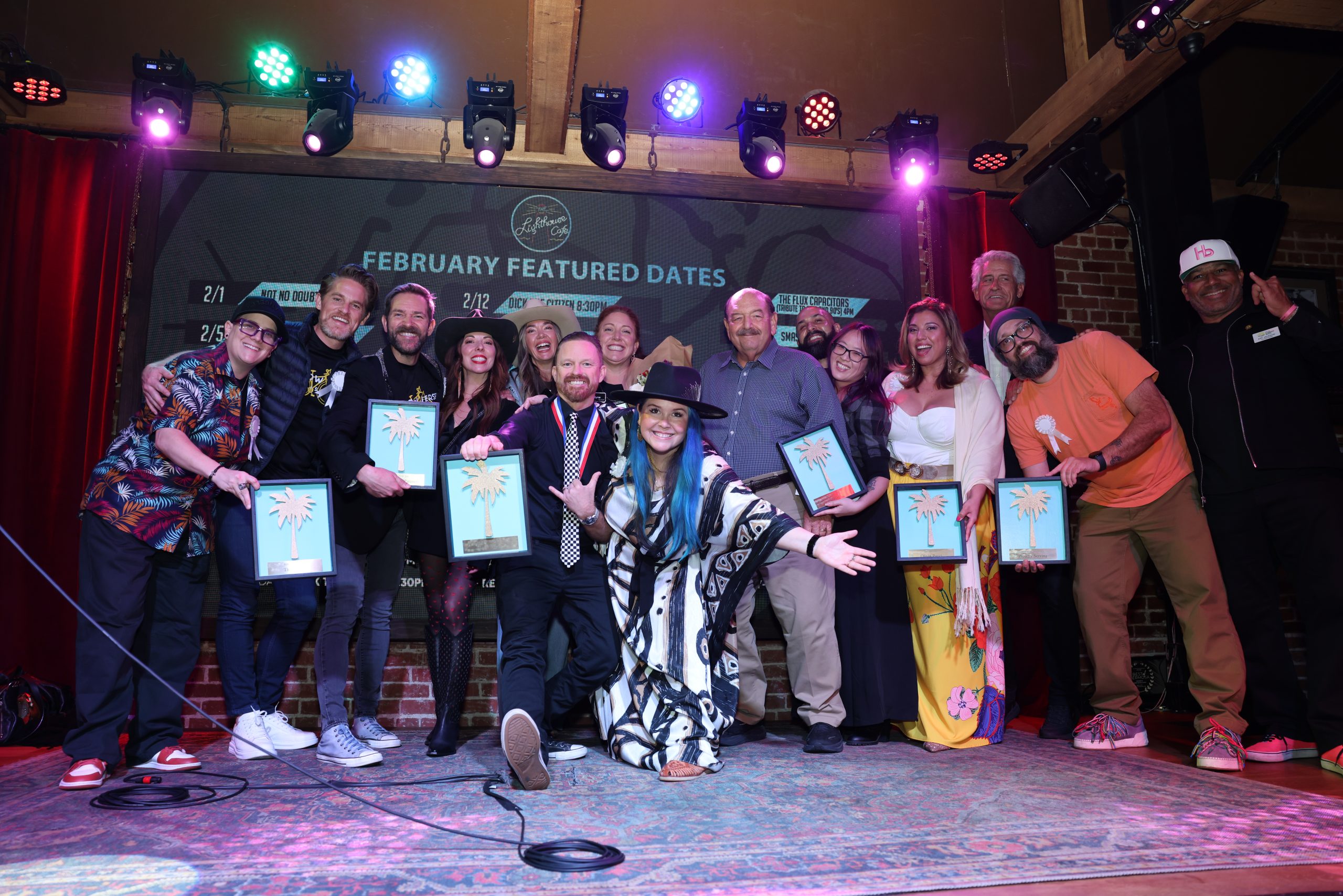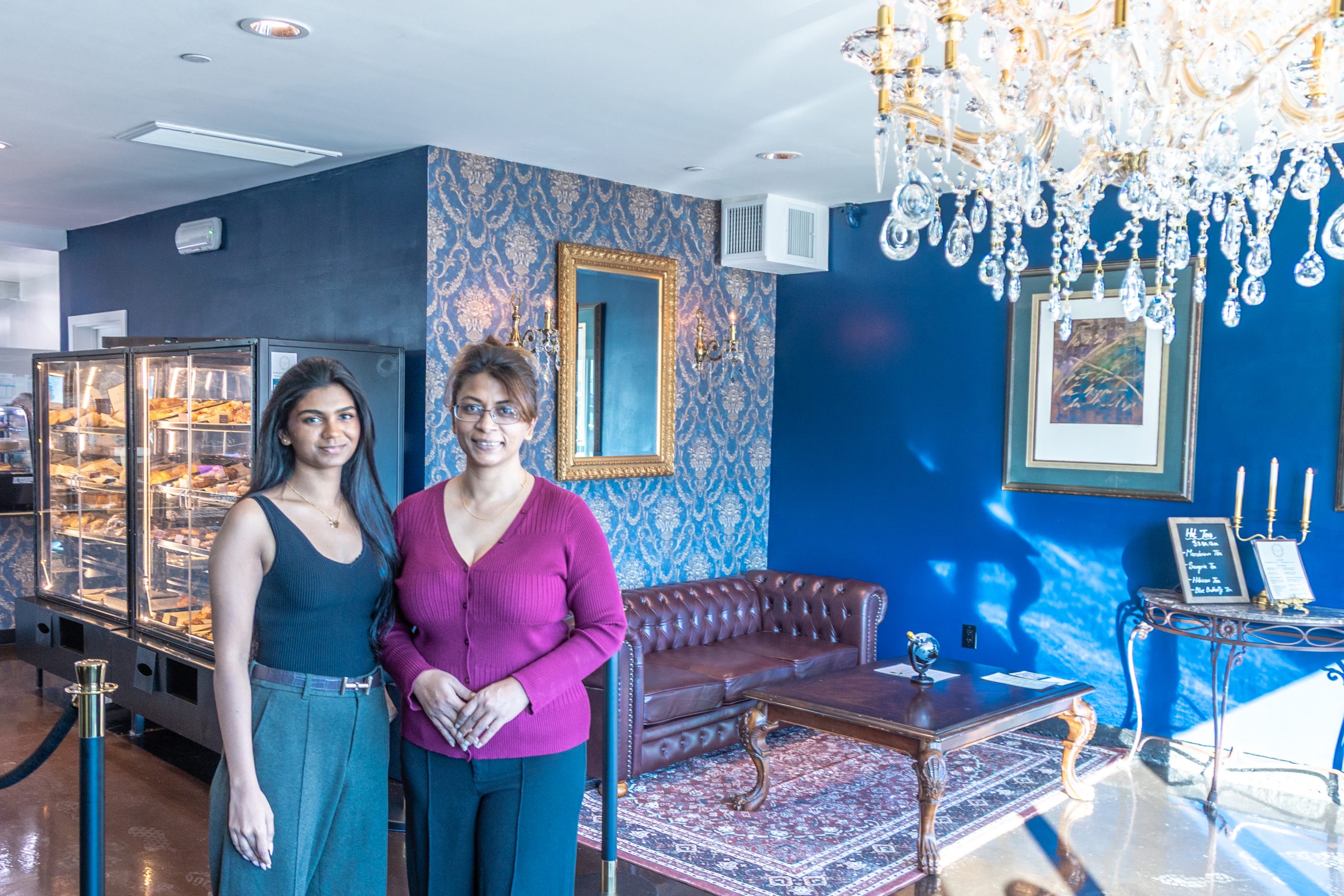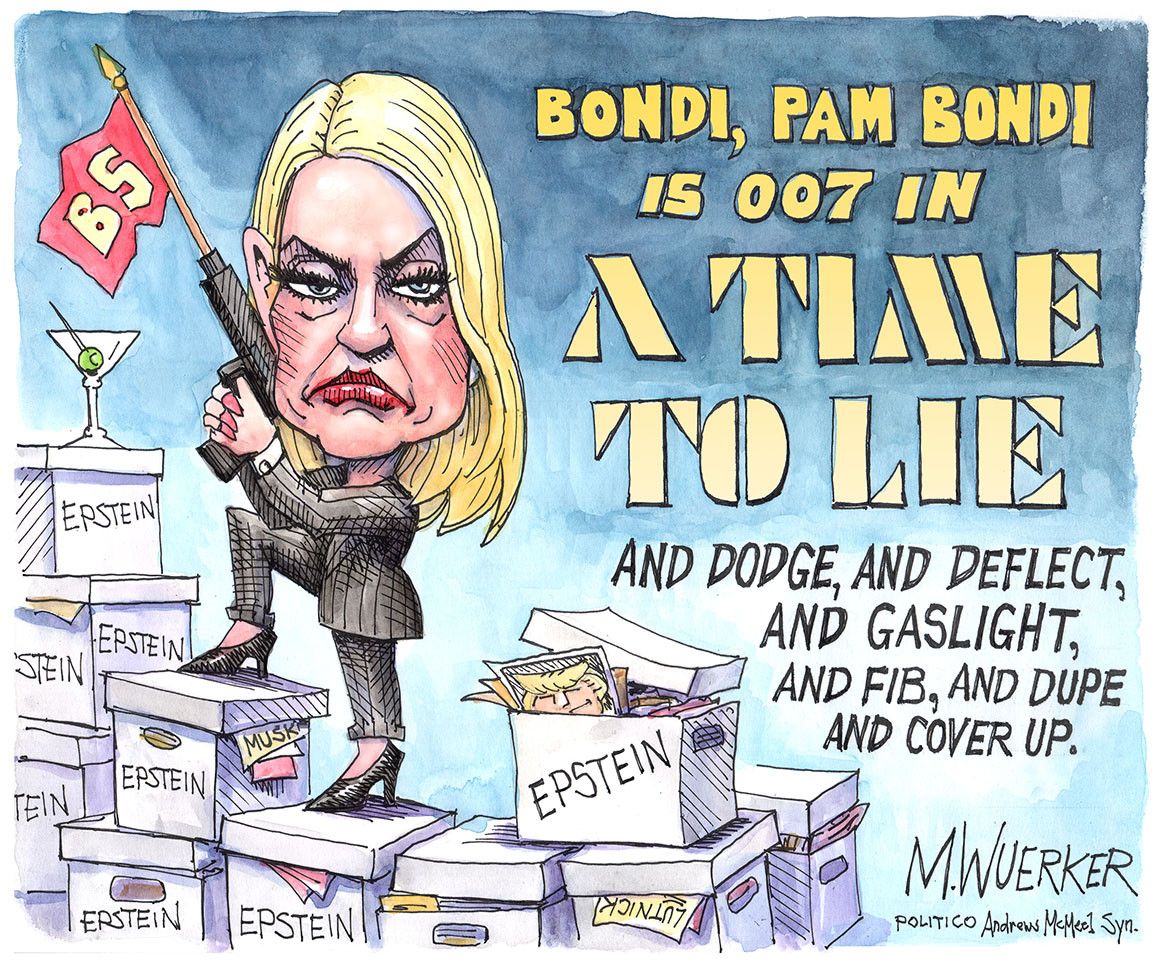Unrequited love
“Highway 1, USA” and “The Dwarf” at LA Opera
by Bondo Wyszpolski
Over 16 years ago, “Recovered Voices” was conceived to showcase the suppressed operas by mostly Austrian and German composers during and after the rise of National Socialism. Arts philanthropist Marilyn Ziering, conductor James Conlon, and others brought to LA Opera long-neglected works by Walter Braunfels, Viktor Ullmann, Franz Schreker, and others. The program lasted a couple of seasons and then ceased, but for those of us who’d come to expect little more than another round of Puccini, Verdi, Mozart and Wagner, it was unforgettable.
For this revived taste of Recovered Voices, again with Maestro Conlan at the helm, the original parameters have been broadened to include under-represented or marginalized composers. Therefore the current production features “Highway1, USA” (originally titled “A Southern Interlude”) by the African American composer William Grant Still and an encore of Alexander Zemlinsky’s “The Dwarf.”
Highway 1 runs north-south all along the eastern seaboard. Still’s opera (and both of these works are short) has a libretto by Verna Arvey. It was composed in 1941 but premiered in 1963. Director Kaneza Schaal seems to have set it in the 1950s.

Nate’s a bit of a deadbeat; he sleeps in and parades about in his pajamas. Then he commits a horrible crime which comes as a complete surprise. However, the repercussions of this act turn out to be far less than we’ve been led to believe. In fact, I felt that we’d been pranked by Arvey and Still, and not in a good way. Bob steps up to assume the blame for what has happened, but this is a bit of a stretch.
The finale, with music rising up like high tide during a full moon, emphasizes and celebrates Bob and Mary’s enduring love.

Director Schaal, however, by inserting non-speaking roles for Fox (Kiara Benn) and Hare (Cheyanne Williams), that is, African American trickster figures familiar to us by way of Uncle Remus and Br’er Rabbit and Br’er Fox, makes it clear this is an opera highlighting what it was like for struggling black folks.
The set is sleek and colorful, as well as minimal and functional (Schall says that the art of James Rosenquist and Alma Thomas influenced some of the look). The production design is by Christopher Myers, and the co-scenic designers are Amy Rubin and Cheyanne Williams.
The cast sings well, although Williams-Ali was somewhat underwhelming on opening night. The work itself is smoothly presented and succeeds as an engaging vignette or slice of life, but it’s not especially memorable and its neglect, as such, has not been exactly unjust.
“The Dwarf,” which premiered at the Cologne Opera in 1922, is a different story. It was part of the original Recovered Voices series, along with Zemlinsky’s “The Florentine Tragedy.” There’s no question that it’s an important work.
This is a lush, romantic, costume drama. When the curtain goes up, to reveal the palatial room where the action takes place, inevitably there’s applause from the audience.
The opera is based on Oscar Wilde’s story “The Birthday of the Infanta,” which in turn seems partially inspired by “Las Meninas,” the 1656 painting by Diego Velazquez.
The infanta, Donna Clara (Erica Petrocelli) is turning 18, and she’s impatient to open her extravagant gifts despite the vain attempts of the court chamberlain, Don Estoban (the notable Kristinn Sigmundsson), to make her wait until everyone has arrived. She’s given a new Lexus, front row tickets to see Taylor Swift, or rather their 17th century equivalents. You get the picture: a spoiled little rich girl.

Oh, and he’s not just a dwarf — he makes roadkill look handsome — all the cards of beauty having been stacked against him. But here’s the rub. He’s never seen his own reflection, and when people laugh at him he blithely assumes that they are laughing with him, or laughing at his witty remarks or jokes. So the infanta’s handmaidens are told to cover all the mirrors.
However, as soon as the dwarf sets eyes on the infanta he’s instantly in love with her and instead of singing a jolly, joyful song as the occasion merits, he sings one that’s more heartfelt and wistful. He also wastes little time professing his love for her.

Eventually he sees himself in a mirror and the shock is devastating. His agony doesn’t have much effect on the infanta, she’s ready to jump up and join her friends. And so he withers on the spot and dies while she trots off into the ballroom.
The infanta doesn’t seem to be vindictive, but vain and insensitive and probably because she’s led a sheltered and pampered existence. As for the dwarf, his character is not entirely convincing, as his naivety seems a little unrealistic. And although Dixon still gives a heartbreaking performance he’s now 15 years older than he was when he appeared on stage earlier in the role, and this doesn’t work in his favor. I know, we’re supposed to overlook such things as much as possible.
Although this is a one-act opera, the finale is about five minutes too long and edges towards the pathetic and away from the empathetic. That said, Zemlinsky’s music swirls and surges as the dwarf declares his love, and if he were Prince Charming everyone in the court would be swooning at his feet. Such is the luck of the draw.
Darko Tresnjak directed, Ralph Funicello designed the sumptuous set, Linda Cho designed the stunning costumes and Bill Burns puzzled out the choreography.
Highway 1, USA and The Dwarf are onstage at the Dorothy Chandler Pavilion, 135 N. Grand Ave., downtown Los Angeles in the Music Center. Performances, Sunday, March 3, at 2 p.m.; Wednesday, March 6, at 7:30 p.m.; Saturday, March 9, at 7:30 p.m.; Thursday, March 14, at 7:30 p.m.; and Sunday, March 17, at 2 p.m. Tickets begin at $29 (and top off at about $250). Available at the box office, by calling (213) 972-8001, or visiting LAOpera.org. ER








